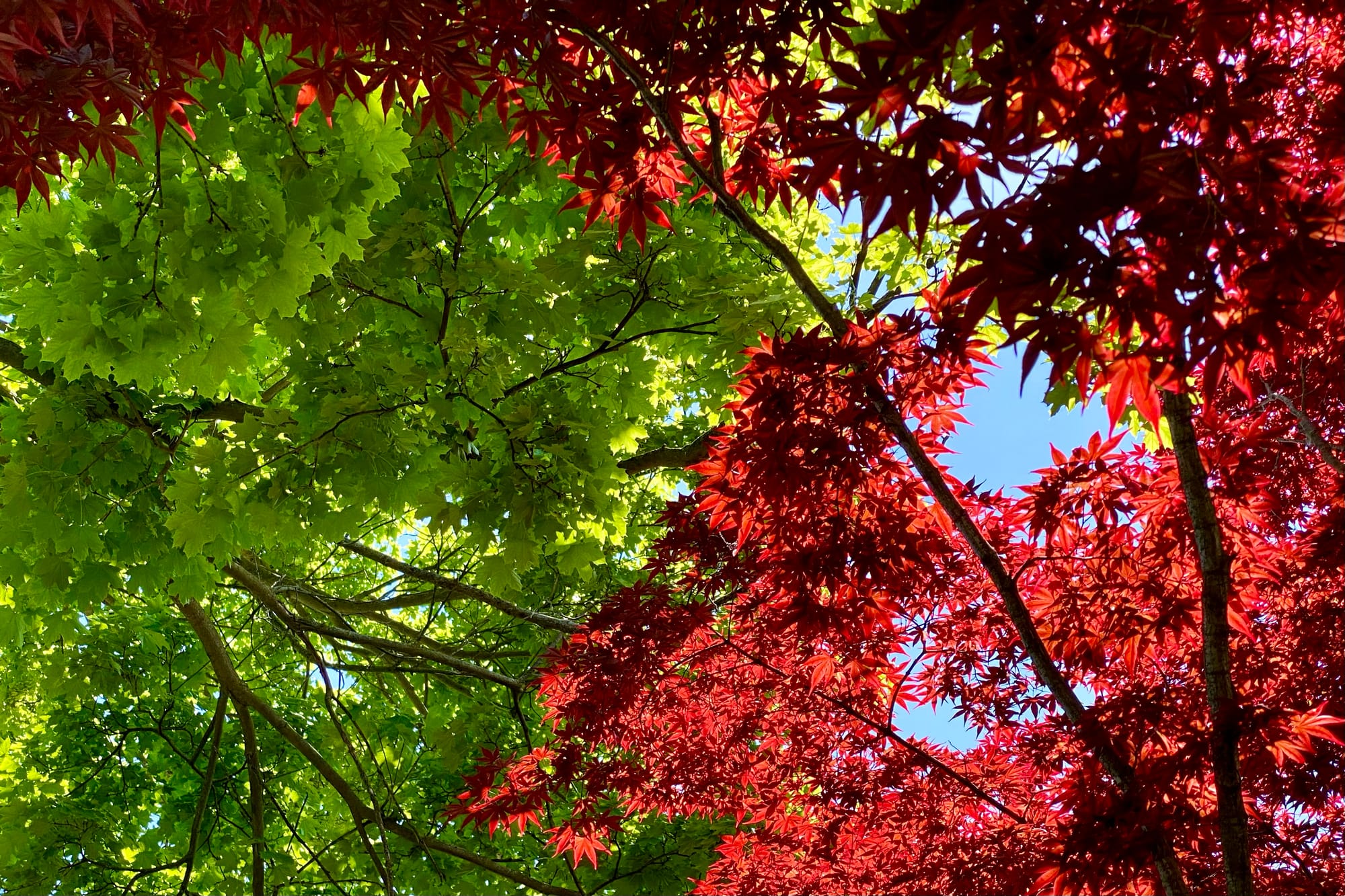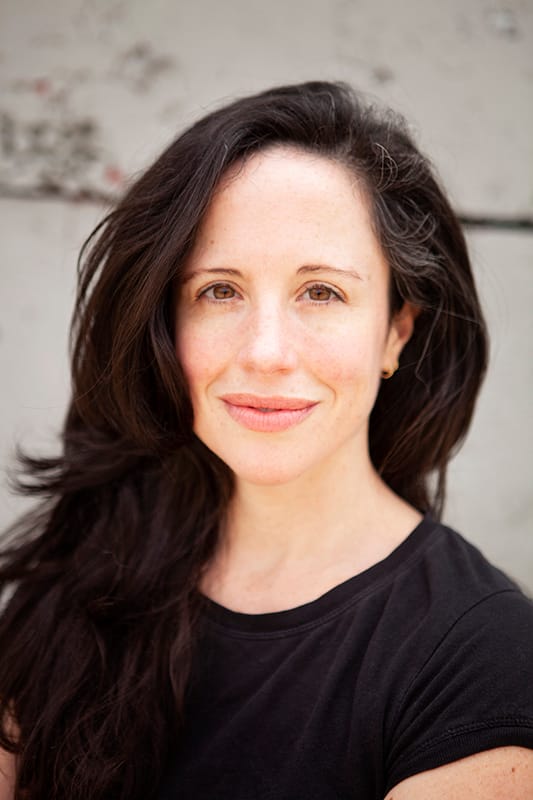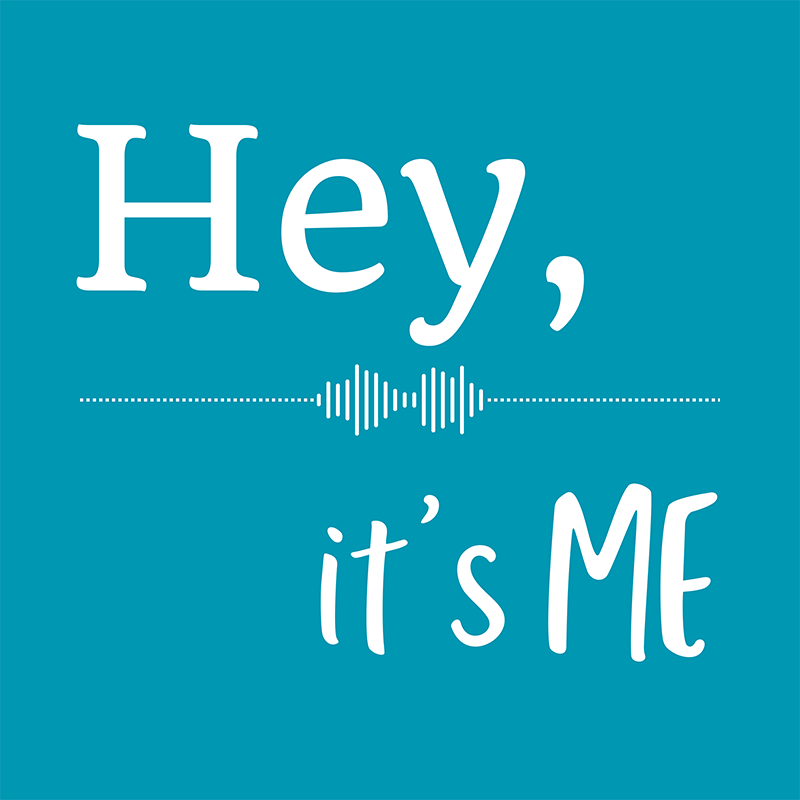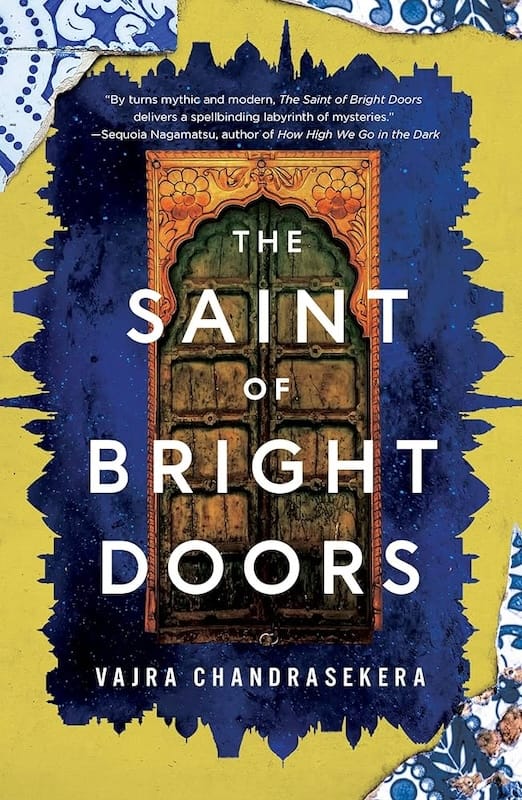Was/Will Be
Hello, friends.
I keep meaning to write to you, and I keep not writing to you. But perhaps if I just pick up where I left off and continue on as usual, we can pretend that everything here is normal and usual, until maybe it stops being pretend. I suppose we'll see.
I've been thinking a lot lately about narrative, about the stories we tell ourselves about ourselves. The other night, my girlfriend and I were talking about my kids, and she asked whether I primarily thought of myself as a dad. I thought about it for a moment, and realized that I don't think I really have a primary identity right now.
There are a lot of ways that I've described myself over the years, a lot of roles that I've inhabited. My bio on most social media platforms says something like "writer, photographer, and podcaster," and those are certainly all ways that I think of myself. I am also a father, yes, and a son. A brother, a cousin, a grandson, a nephew, a friend. I used to call myself an activist, and more recently have been calling myself a former activist, and perhaps in the not-too-distant future I'll just be an activist again. But the way I mainly understood myself for most of my life was as a husband. All of those other things were true of me, but they all took a back seat in one way or another to being my then-wife's partner. I haven't been a husband for more than three years now, but I'm realizing that a lot of the discontent and the strange floating feeling I've been having is due to the fact that the way I think of myself hasn't stabilized yet.
Realistically, none of us actually has a single authentic self, because there is neither a single self (at any given moment, many different facets of our being exist and conflict and surface and recede simultaneously) nor a stable self (while we live, we are always changing). The idea of a central, unifying identity is just a story we tell ourselves. And yet, I say "just," but stories are real and powerful even if they are imaginary, no? Having a stable story about yourself makes it easier to find meaning and purpose, to know why you do the things you do. And it's understandable that lacking that story would be unsettling.
It's strange to still be figuring all this stuff out, three years on. But then, I suspect that you never really stop having to learn and re-learn. I don't know what it would take to find something new to hang my sense of self on, nor what it would look like. Maybe that's not something that's going to happen, at least not in the same way. Maybe that's okay.

Newsletter Changes
I've been thinking a lot about what I want this newsletter to be, and the main thing that I want it to be is more regular. I do continue to have ideas of things to write about, whether that's politics or books or relationships or parenting or whatever. But then sometimes it ends up becoming a TikTok video, and sometimes it becomes an audio essay for my Patreon, and sometimes I just get tired and put it off until the idea doesn't seem urgent anymore. And maybe that's okay. But I'd like to give it another shot, this newsletter.
So here's my plan going forward: I'm going to commit to one newsletter a month, in which I share the stuff I've been working on. That will include the podcast episodes I've released in that month, at a minimum. I'll also share a list of the books I've read recently, and if I have some expanded thoughts on any of them, I'll share those as well. And if there are any articles or TV shows or movies or other pieces of media that stood out to me, I'll share those as well. And, yes, if I have a personal essay in me, I'll share that, too. I'm not going to commit to writing a new essay for each letter but when I can, I will.
Is there anything in particular you would like to see around here? Book reviews? Recipes? Photographs? I don't think this newsletter is ever going to be just one thing, but maybe we can try some different things out and see how it goes.
What I've Been Working On
Keep the Channel Open

I'm pleased to welcome writer Rachel Lyon back to KTCO for a conversation about her latest novel, Fruit of the Dead. It's a compelling and (I thought) chilling contemporary retelling of the Persephone myth, told from the perspectives of Cory, a young woman seduced by extreme wealth and privilege, and Cory's mother, Emer, who has to go looking for Cory after she seemingly disappears one day. The story is about addiction and sexual assault, about power and class, about mothers and daughters, and about what it means to have agency and to come of age. I thought it was incredible.
Hey, It's Me

My friend Rachel Zucker and I launched a new podcast this month, called Hey, It's Me. As longtime listeners to Keep the Channel Open may know, both Rachel and I have been interviewing artists and writers for many years on our respective podcasts, but we both wanted a place to talk about stuff that didn't fit into those shows. This new one grew out of the conversations we've been having via WhatsApp voice messages for the past few years. The show is, in one sense, a chat show in which we discuss topics from podcasting to pop culture to relationships or whatever life brings us. But it's also a show about friendship, specifically our friendship, how we talk with each other about ourselves and each other, how we show up for each other, how sometimes we fail to connect and have to work through that. It's a really intimate experience, making this show, and I'm interested to know whether it's of interest to anyone else.
Here are some links you can use to subscribe and listen to Hey, It's Me:
You can also find full episodes and more info about the show on our website at heyitsmepodcast.com.
What I've Been Reading
Featured Read: The Saint of Bright Doors, by Vajra Chandrasekera

It's a fun bit of serendipity that I read this book shortly after reading Molly Templeton's essay about the joy of reading books you don't entirely understand, which itself referenced Chandrasekera's second novel, Rakesfall. (I've linked that article in the next section, btw.) I do find myself wanting to talk to someone smarter than me about this book, not because I found the book difficult but rather because I find myself unable to articulate why and how this book affected me.
How can I describe this book? It's a second-world fantasy that is set in a country that reads as South Asian to me, in a time period roughly equivalent to the present day. The main character has been raised by his mother to assassinate his father, a religious leader who has ascended to a sort of semi-divinity. The story feels sort of Borgesian in the way it presents a world where magic and mundanity coexist, where history is not what it seems. And it does some interesting things with point-of-view, that I suppose I could call somewhat postmodern but which feel epic rather than clever.
It is, I suppose, a sort of bildungsroman. I think it is also an allegory or commentary on political violence, especially as seen in present-day South Asia—though, I have to admit that I'm not familiar enough with South Asian politics to know for sure. And perhaps "allegory" is the wrong word. Maybe it's more accurate to say that there is resonance with our real-world situation. Or that this portion of the story seems to be inspired by real-world events.
But none of that really gives you a great idea of what reading this book is like. I want to put it on the same shelf as Sofia Samatar's Olondria novels and Susanna Clark's Piranesi, which are not much like each other and really not much like this book in terms of what they're about or the details of their worlds. But there is something about the way all of these books operate in the spaces and traditions of both speculative fiction and literary fiction that puts them next to each other in my mind.
If any of you have any thoughts about this book, I would dearly love to hear them. In the meantime, here are some purchase links:
Everything Else
- Age of Ash and Blade of Dream, by Daniel Abraham. I always find Daniel to be a thoughtful writer, and in particular in how he thinks about genre. This trilogy (of which only the first two books have been published so far) tells the story of the same large-scale series of events in a city, but from a different perspective in each book. And, importantly, not just from different individual perspectives but from different class perspectives. It's something that I don't see much in fantasy, such a consciousness about class, but I think the result here is something that feels both classic and innovative. I'm looking forward to seeing how the series ends.
- The Founders Trilogy (Foundryside, Shorefall, and Locklands), by Robert Jackson Bennett. I read the first book of this series back in 2018 and loved it, but then got distracted with other stuff while waiting for the next one to come out. Coming back to it now, I think this series is in several ways more ambitious than Bennett's previous series, the Divine Cities trilogy, and while I'm not sure it quite hits where it's aiming, I think the attempt is both entertaining as a fantasy adventure and interesting in seeing the author wrestle with ideas. The first book is definitely the best, with a heist structure that keeps a propulsive energy throughout, but while I think it loses some focus as it widens its scope in the second and third books, it was still satisfying for me in the end.
- The Soulmate Equation, by Christina Lauren. I grabbed this one somewhat at random because the shelf talker caught my eye and because it's set in the city where I live. (Also because Christina Lauren is a favorite of the hosts of Fated Mates.) It being set in a place I know so well put it in a bit of an uncanny valley for me, even though almost all of the place details were spot on. And I think this sort of gets at a difficulty I have with contemporary romances, which is just that I seem to have a harder time suspending my disbelief when it comes to the inception of a romance in this subgenre. There are a lot of funny moments in this book, particularly with the best friend character. The family moments were also very effective, I thought. And there were some genuinely great bits of chemistry between the leads. But even though I know that romance as a genre isn't generally about realistic plausibility when it comes to relationships, there's just something in me that has a hard time with it when the start of the relationship feels forced to me. So I'm thinking I need to pivot to historicals or romantasy for a bit and see how that feels.
Mattered to Me
- Brandon Taylor wrote about Alice Munro, about the horror of childhood sexual assault, and about the performance of morality that always follows revelations of misconduct by famous artists. I think Brandon has a real talent for understanding and articulating the emotional processes that underlie outward behaviors. It's what makes his fiction so compelling, and it's also what so often makes his newsletter so illuminating.
- Molly Templeton wrote about the joy of reading books you don't entirely understand. It's something I've been trying to embrace more, a move away from the authoritative voice, especially when talking about art and especially online. Authority is so much the currency of online discourse, and I can't help wondering if things might be better if we all were better at accepting uncertainty.
- I loved this poem by Chloe N. Clark, how it moves from abstract to specific, from moment to moment. I loved the surprise of it.